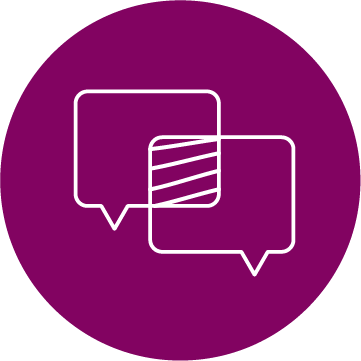Mercer Advisors has nearly 40 years of experience helping clients throughout their retirement journey. From planning for retirement to relocating in retirement, we’ve provided a steady hand to guide people through this exciting time.
Explore our full range of retirement services, tailored to address your specific situation. Let us help you achieve the goals that you’ve set – and deserve.
Retirement Plans Should be as Unique as You are – Let’s Create the Right Plan for You
Your retirement plan is not something that you create once and then carry it out. Instead, it should evolve and change as you do.


